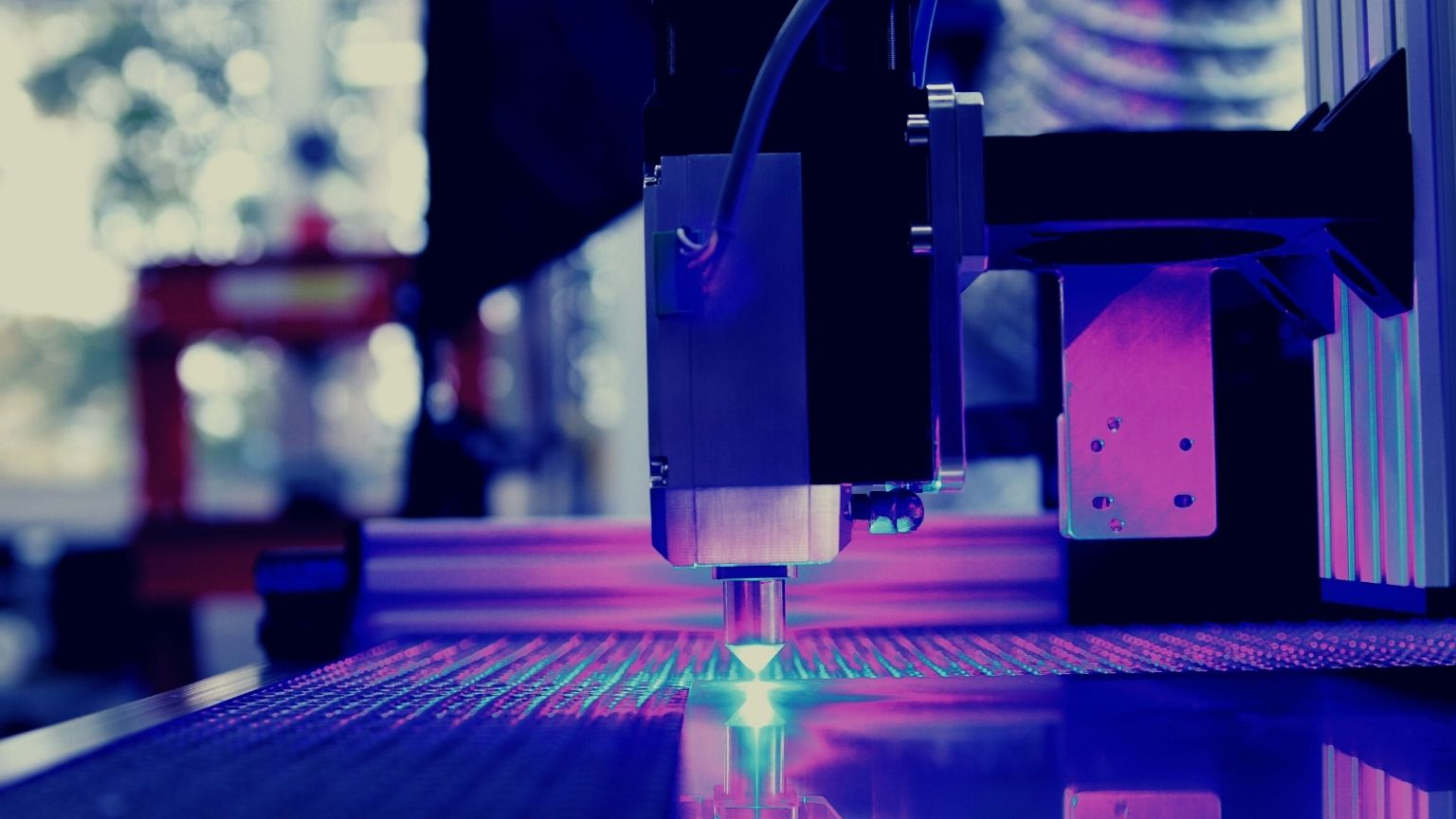New York lawmakers are proposing a bill that could destroy the right to privacy and increase surveillance to an unsettling extent. The bill, spearheaded by State Senator Jenifer Rajkumar, posits that New Yorkers seeking to purchase 3D printers would first be subject to a criminal background check before the buy. This proposition poses substantial implications, particularly related to personal privacy and the potential to open the Pandora’s box of surveillance.
Why the proposed law? The rationale behind the proposed legislation’s genesis lies in connecting the dots to the gun industry. Phantom weapons, aka “ghost guns,” are guns that lack identification numbers for tracking, and are, therefore, untraceable. Recently, 3D printers have been used for creating these undetectable arms, bypassing the conventional route of procuring a weapon which usually involves an obligatory background check.
We obtained a copy of the bill for you here.
Rajkumar’s proposed law, coined as AB A8132, asserts that a criminal history screening is essential before the purchase of a 3D printer to preclude such machines from falling into the wrong hands.
What begins as a bid for public safety and control on potential armament proliferation leads to privacy violations and heightened surveillance. In an era where civil liberties are relentlessly scrutinized, the proposed bill prompts potential infringement on both the First and Second Amendment. It is a thinly veiled intrusion on free speech since blueprints and designs for these 3D guns are essentially lines of text and code, and curtailing their creation and distribution is censoring a form of articulation.
From a Second Amendment perspective, Rajkumar’s bill has stirred controversy as gun rights advocates argue this law infringes on their rights, which sparks another intense debate surrounding the definition of firearms.






















